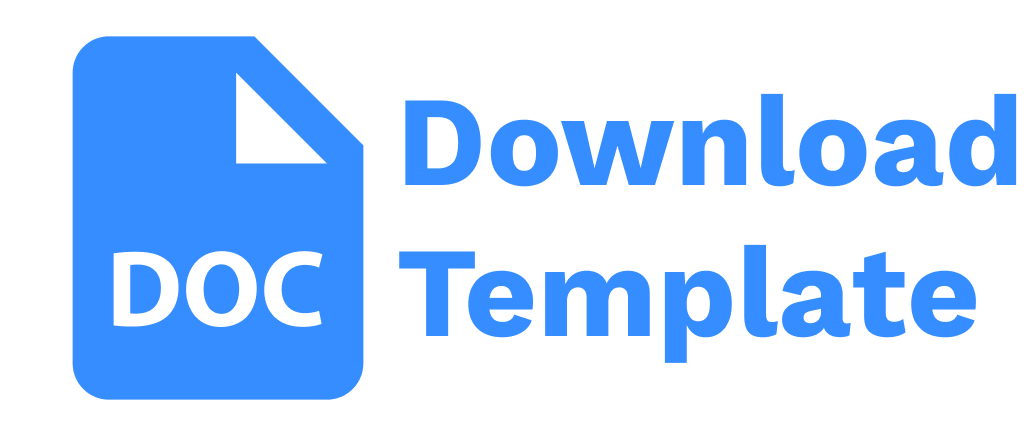Need Analysis on The Inclusive English Materials for The Primary Graders: Voices from Practitioners
Analisis Kebutuhan Materi Bahasa Inggris Inklusif untuk Siswa Kelas Dasar: Suara dari Praktisi
DOI:
https://doi.org/10.21070/madrosatuna.v3i1.2070Keywords:
Need Analysis, English Materials, InclusiveAbstract
This study is aimed at conducting a need analysis on the existence of English materials for the students of elementary level in an inclusive classroom. The data is obtained from inclusive teacher who has ELT undergraduate educational background and the students of pre-service training of PGMI at IAIN Jember. The result shows that teacher takes a very important role in conducting an inclusive classroom in primary level due to the fact that they have to prepare materials and activities specifically for the students who have social, emotional, and behavioral difficulties (SEBD). Listening and speaking skill (oracy cycle) are considered as the first skills to be taught and introduced to the students of primary level in order to be able to make interrelationship with others more easily. English materials that compatible with the students of primary level in an inclusive classroom are the materials that encourage their multiple intelligences and recognize their learning style. The teaching procedure is emphasized on the role play in the form of guided instruction flowing from fully guided, partly guided, to fully free learning so the scaffolding of presenting materials which emphasized on touching their feeling can improve their sense of empathy and sense of taking care of others as well as building their social skill.
References
Borg and Gall. (1983). Educational Research: An Introduction. White Plains: Longman Inc.
Begun, W. R. (1996). Social Skills, Lessons and Activities: for grade 7-12. San Francisco: Jossey-Bass.
Brown, H. D. (2007). Teaching by Principles: An Interactive Approach to Language Pedagogy, Third Edition. New York: Addison Wesley Longman Inc.
Christensen, E.T. (2010). What are Social Skill?. http://www.wisegeek.com/what-are-social-skills.htm. Retrieved on 2 January 2019.
Farlani. M. K. and Wulfson. M. L. (2013). Teachers’ attitude a Behavior Toward the Inclusion of Children with social, emotional and behavior difficulties in Mainstreem School: An Application of the theory of Planned Behavior. Journal Homepage: www. Elseiver. Com. Teacher and Teaching Education.
Gardner, H. (1993). Frame of Mind. The Theory of Multiple Intelligences. Thents anniversary edition. Basic Book. New York.
Harmer, J. (2007). The Practice of English Language Teaching. (4th ed.). Essex, UK: Pearson. Education.
Harmer, J. (2007). How to teach English. (new ed.). Essex, UK: Pearson Education Limited
Krashen. S. (1988). Second Language Acquisation and Second Language Learning. Prentice-Hall International
Kurniawati. F. Minaert. A., Manungsong. F. Ahmed. W. (2012). Empirical Study on Primary School Teachers’ Attitude towards Inclusive Education in Jakarta, Indonesia. Procedia, Social, and Behavioral Sciences 69. 1430-1436.
Miles. B. M., Huberman. M. A., Saldana. J. (2014). Qualitative Data Analysis. A Methods Sourcebook. (3rd edition). Washington: SAGE Publication.
Richey. C. R and Klein. D. J. (2007). Design and Development Research: Methods, Strategies, and Issues. New Jersey: Lawrence Erlbaum Assosiates, Inc.
Slavin, R. E. (1994). Educational Psyichology. Massachusetts: A Devision of Paramount Publishing.
Scrivener, J. (2005). Learning Teaching: A Guide Book for English Language teachers.(2nd ed.). Oxford: Macmillan Publishing Limited.
Tomlinson, B. (Tomlinson Eds). (1998). Material Development in Language Teaching. Cambridge: Cambridge University Press.
Tomlinson. B. and Mashuhara. H. (2004). Developing English Course Material. RELC Portofolio Series 11. SEAMEO Regional Language Centre.
Urianu. M. E. (2011). Teachers’ Attitude Toward Inclusive Education. Procedia. Social and Behavioral Sciences 33. 900 – 904.







